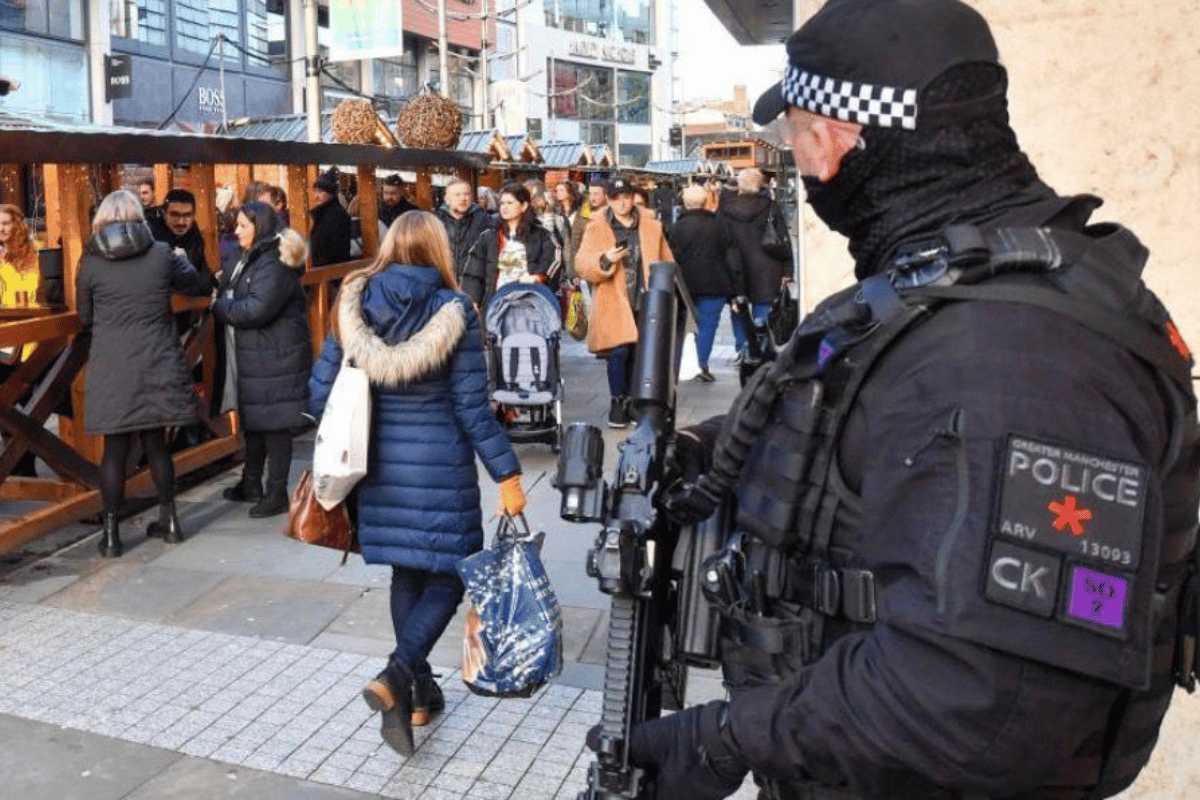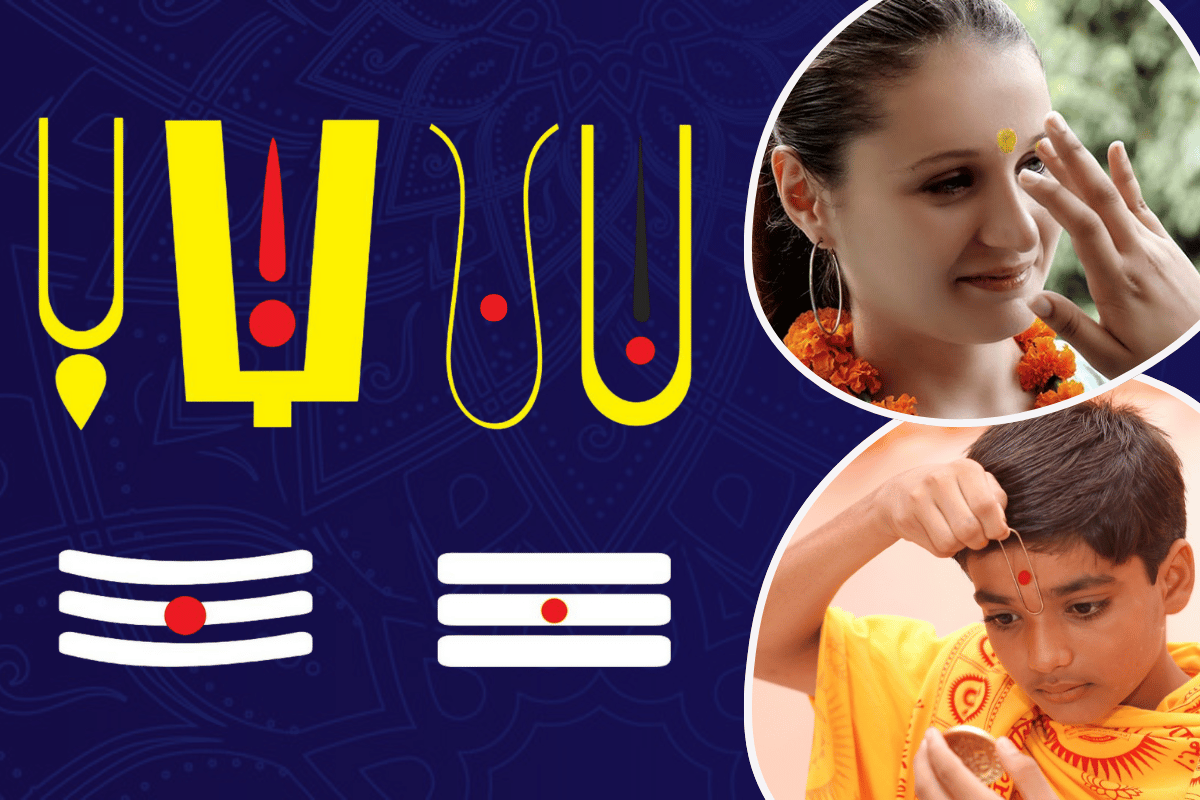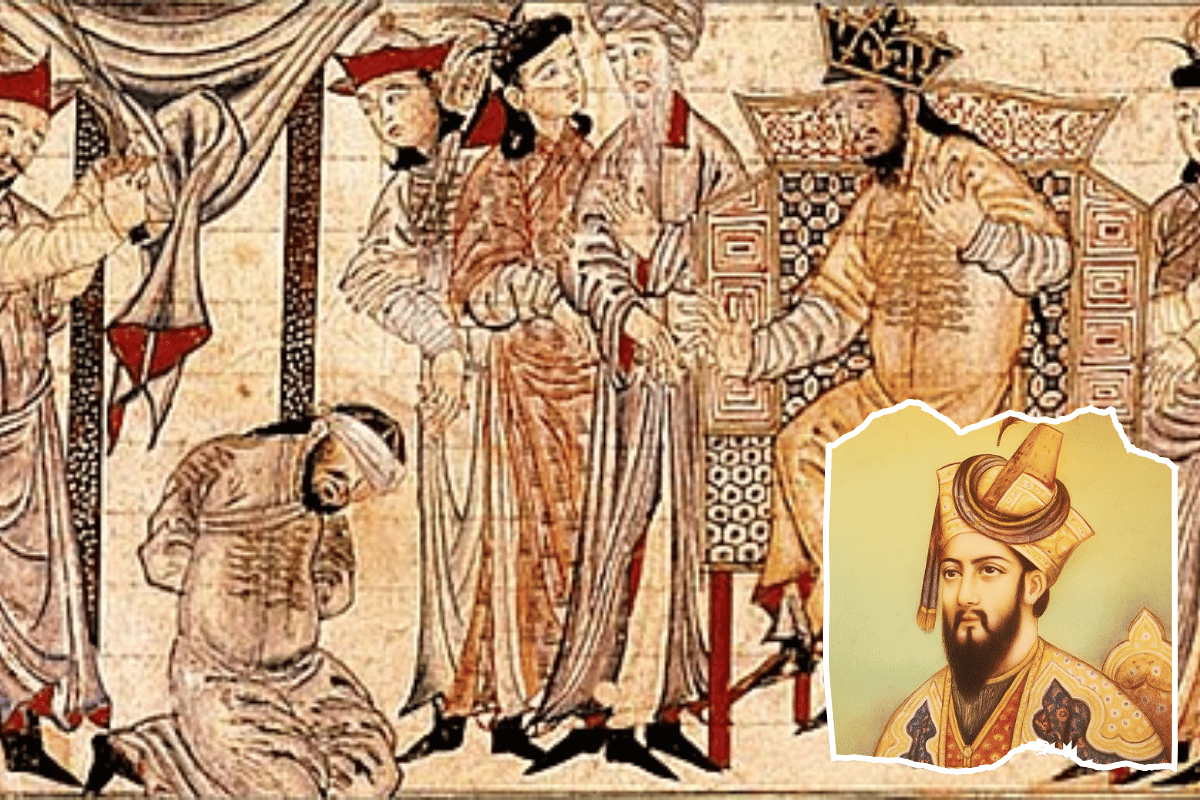
BBC’s Sunday Morning Live brought in duplicitous Hindus for Human Rights to represent the Hindu voice during a discussion on religious hate crime, and the establishment of a council on Islamophobia by the government.

On 28th February, the UK government established a working group chaired by Dominic Grieve KC, to define Islamophobia within six months, aiming to support efforts against religiously motivated hate crimes against Muslims.
This comes on the back of statements by Deputy Prime Minister Angela Rayner, who stated that there has been a rise in anti-Muslim hate crimes in the UK. The BBC show Sunday Morning Live debated the government’s working group on Islamophobia on 9th March.
On the Islamophobia segment on Sunday Morning Live, along with the host Holly Hamilton, the panel consisted of Islamophobia researcher Seema Syeda, Jack Rivington from the National Secular Society, and surprisingly, the so-called “Hindu”, Rajiv Sinha. The stage was set for a familiar spectacle—one where “Hindus” were once again placed in a conversation to raise the so-called Hindutva, Hindu Nationalism and Hindu Supremacy boogeymen. A ploy that has now become so typical of the BBC and the far left.
The Hindu voice?
A question on the minds of many was why there was a Hindu voice in this debate at all, considering that there were no representatives of any other faith group. Was this an attempt to pit Hindus against Muslims? Directing the viewer towards the Hindu as dichotomous towards the Muslim – the Hindu becomes the Islamophobe, he becomes the aggressor, and all blame must be pinned onto him. This is a classic trope of the anti-Hindu. The anti-Hindu works through binaries – positioning the Hindu as the complete opposite of morality, to secularism, to tolerance. The BBC is no novice at being the anti-Hindu.
Take the Leicester unrest in 2022; the BBC took Majid Freeman (an ISIS and Al-Quaeda sympathiser) as a legitimate voice rather than the victims in the Shivalaya Mandir who were terrorised by a Muslim mob.
If a Hindu voice was needed, look at who the BBC decided to go with, none other than Rajiv Sinha, the voice of the malicious Hindus for Human Human Rights group. What makes him a representative of the British Hindu? He sat clad in a colourful scarf and a half-kurta – a desperate attempt to look “Hindu”, appearing largely as a caricature of one.
If a Hindu voice was needed, there are over 500 Hindu temples and organisations in the UK representing over one million Hindus, including various national representative groups. Hindus for Human Rights represents none of these and has been openly condemned by every Hindu group that knows of their existence. Why was an openly anti-Hindu group with such a deplorable history invited to speak for Hindus?
Platform used to spew anti-Hindu hate
On the topic of Islamophobia, you rightly have an Islamophobia researcher, and someone from the National Secular Society, which regularly campaigns to ensure religious criticism is not stifled. Based on their background and knowledge it’s clear they can constructively contribute to the segment. But what expertise did the BBC think Rajiv Sinha would bring to this debate? A completely incompetent panellist, who used the platform to spread anti-Hindu hate, very much in keeping with the BBC’s history of platforming anti-Hindu propagandists and extremists.
True to form, Rajiv Sinha went completely off tangent, spewing a well-practised anti-Hindu diatribe painting Hindu organisations as radicalisation vehicles, and Hindus as extremists, nationalists, and supremacists. The presenter was clearly caught off guard and was likely prompted by producers in her ear to quickly shut him down. The host interrupted Sinha with, “none of those organisations are here to defend themselves”. Almost laughable, he was too anti-Hindu even for the mediator’s fancy!

Sinha’s views on this are not surprising. His organisation Hindus for Human Rights is more concerned with anti-Israeli sentiment than highlighting atrocities against Hindus in Bangladesh, India, and in areas within the UK such as Leicester.
In fact, “Hindus” for Human Rights have not raised any concern or protest over the ongoing oppression of Hindus in Bangladesh, hence the words “dubious” and “malicious” are apt to describe Rajiv Sinha and Hindus for Human Rights.
The BBC’s agenda exposed once again
We could assume the BBC was completely incompetent in their vetting process for panellists, but considering they have researchers who would have done background checks, and even a preliminary search clearly showing HfHR history of anti-Hindu rhetoric, they still sidelined every other Hindu organisation in favour of HfHR. Possibly predicting Sinha would do the same on the show suggests they were complicit, and knowingly put him in a discussion which didn’t need him.
The BBC discussion and Sinha’s comments are deeply concerning and problematic, for they not only distort the lived realities of British Hindus but also reinforce the very tropes that have long been wielded to erase Hindu voices—constructing the Hindu as either the villain or the self-loathing native eager to appease his masters. This discussion is another unfortunate example of how the BBC manufactures narratives that frame Hindus as aggressors while dismissing their legitimate concerns.









